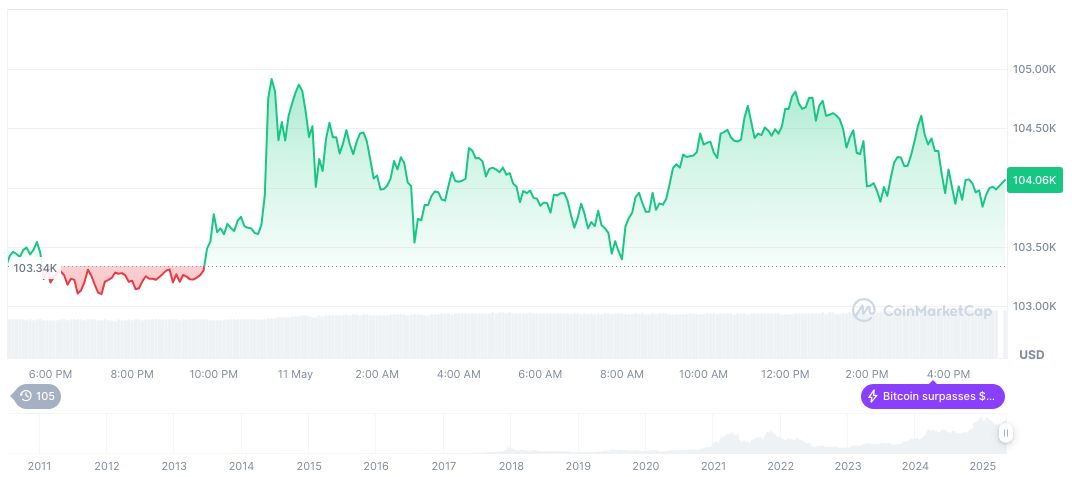- Goldman Sachs claims limited U.S.-China tariff impact, shared by Nick Timiraos.
- Investment banks update forecasts amidst economic shifts.
- Relative economic growth pressures remain under scrutiny.
Nick Timiraos, the Chief Economics Correspondent at The Wall Street Journal, recently retweeted a viewpoint by Goldman Sachs stating that cutting U.S. tariffs on China would have a limited impact on the overall effective tariff rate.
Goldman Sachs’ view suggests these tariff changes won’t significantly alter the economic landscape. The reduced impact may not alleviate existing economic pressures, echoing concerns within financial markets. “For me, it’s pretty clear. You have Trump who’s locked in on tariffs. You have the Fed, which is locked in on not cutting rates. That’s not good for the stock market,” according to Paul Tudor Jones, a prominent investor.
Goldman Sachs Sees Minimal Impact from U.S.-China Tariff Cuts
Recession Risks and Market Reactions Amid Economic Shifts
Goldman Sachs analyzed the implications of lowering U.S. tariffs on China. According to the firm, a significant tariff cut would exert minimal influence on overall assembly costs. The analysis comes amid broader trade discussions. Timiraos supports this narrative by broadcasting the succinct view from his social platform.
Market responses have been reactive. Paul Tudor Jones highlights ongoing economic pressures, citing growth estimates trimming by tariffs as notable. Industry analysts remain divided on future policies’ foresight amid these predictions.
Historical Context, Price Data, and Expert Analysis
Did you know? Goldman Sachs’ economic outlook amid tariff changes reflects a cautious stance reminiscent of 2019’s trade uncertainties, potentially echoing past market jitters.
Bitcoin (BTC) currently trades at $104,298.23 with a market cap of $2.07 trillion, dominating 61.32% of the market, according to CoinMarketCap. Despite recent fluctuations, BTC prices increased 10.6% over the past week, fueling ongoing interest in digital assets. The trading volume rose to $54.04 billion, indicating sustained market dynamics.
Coincu’s research team notes that potential regulatory shifts could pivot toward reassessment in global trade engagements. Technological trends and economic forecasts continue shaping policy discourse. Key drivers include both historical precedents and renewed market strategies.
Source: https://coincu.com/337194-nick-timiraos-us-china-tariff-impact/

